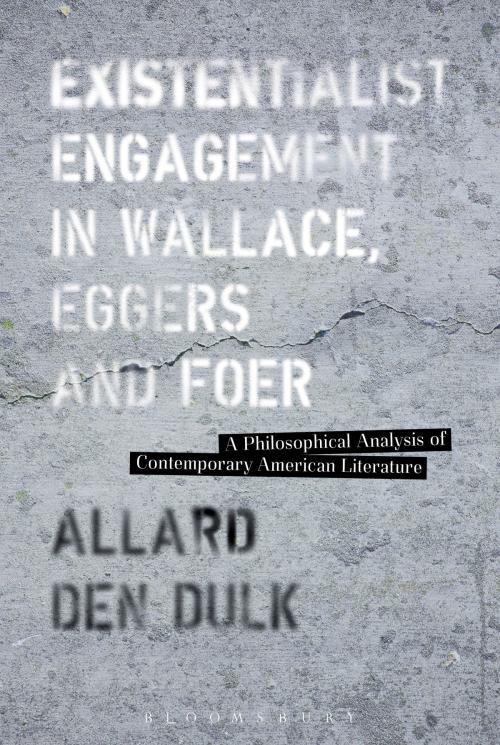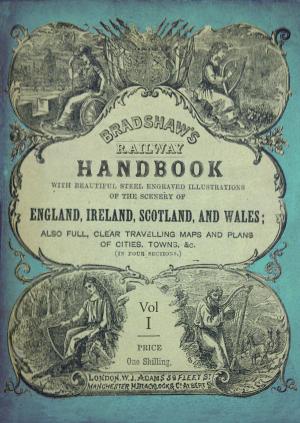Existentialist Engagement in Wallace, Eggers and Foer
A Philosophical Analysis of Contemporary American Literature
Fiction & Literature, Literary Theory & Criticism, American, Theory| Author: | Dr. Allard den Dulk | ISBN: | 9781628923339 |
| Publisher: | Bloomsbury Publishing | Publication: | December 18, 2014 |
| Imprint: | Bloomsbury Academic | Language: | English |
| Author: | Dr. Allard den Dulk |
| ISBN: | 9781628923339 |
| Publisher: | Bloomsbury Publishing |
| Publication: | December 18, 2014 |
| Imprint: | Bloomsbury Academic |
| Language: | English |
The novels of David Foster Wallace, Dave Eggers and Jonathan Safran Foer are increasingly regarded as representing a new trend, an 'aesthetic sea change' in contemporary American literature. 'Post-postmodernism' and 'New Sincerity' are just two of the labels that have been attached to this trend. But what do these labels mean? What characterizes and connects these novels?
Den Dulk shows that the connection between these works lies in their shared philosophical dimension. On the one hand, they portray excessive self-reflection and endless irony as the two main problems of contemporary Western life. On the other hand, the novels embody an attempt to overcome these problems: sincerity, reality-commitment and community are portrayed as the virtues needed to achieve a meaningful life.
This shared philosophical dimension is analyzed by viewing the novels in light of the existentialist philosophies of Søren Kierkegaard, Jean-Paul Sartre, Ludwig Wittgenstein and Albert Camus.
The novels of David Foster Wallace, Dave Eggers and Jonathan Safran Foer are increasingly regarded as representing a new trend, an 'aesthetic sea change' in contemporary American literature. 'Post-postmodernism' and 'New Sincerity' are just two of the labels that have been attached to this trend. But what do these labels mean? What characterizes and connects these novels?
Den Dulk shows that the connection between these works lies in their shared philosophical dimension. On the one hand, they portray excessive self-reflection and endless irony as the two main problems of contemporary Western life. On the other hand, the novels embody an attempt to overcome these problems: sincerity, reality-commitment and community are portrayed as the virtues needed to achieve a meaningful life.
This shared philosophical dimension is analyzed by viewing the novels in light of the existentialist philosophies of Søren Kierkegaard, Jean-Paul Sartre, Ludwig Wittgenstein and Albert Camus.















